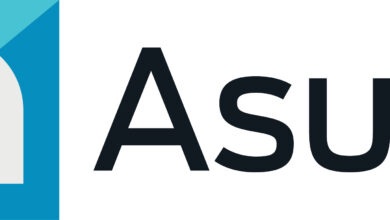Zuckerberg: It will take Meta years to make money from generative AI

The generative AI gold rush is underway — just don’t expect it to create profits anytime soon.
The company is already quite profitable, having grown net income to more than $12 billion on $36.5 billion in revenue in the last quarter alone. But its revenue growth is expected to slow going forward. At the same time, it’s spending more than ever on AI and the metaverse.
“Historically, investing to build these new scaled experiences in our apps has been a very good long-term investment for us and for investors who have stuck with us,” Zuckerberg said on the first quarter earnings call, drawing an analogy to the rollouts of Stories and Reels. “And the initial signs are quite positive here, too. But building the leading AI will also be a larger undertaking than the other experiences we’ve added to our apps, and this is likely going to take several years.”
He said that the Meta AI assistant has been “tried” by “tens of millions of people” since it was made widely available last week, though that’s to be expected given how prominently it’s now featured in areas like the Instagram search box. The real test will be whether Meta AI becomes a product that people come back to often and if lots of people want to use an AI assistant in social media apps.
Looking ahead, Meta sees multiple ways to monetize its assistant, which is free to use right now.
“There are several ways to build a massive business here, including scaling business messaging, introducing ads or paid content into AI interactions, and enabling people to pay to use bigger AI models and access more compute,” Zuckerberg said. “And on top of those, AI is already helping us improve app engagement, which naturally leads to seeing more ads and improving ads directly to deliver more value.”
A different path than OpenAI
In the next year or so, Zuckerberg suggested that usage of Meta AI could also improve the quality of its ads, which implies that the company will analyze the way people use its assistant to better understand what they’re interested in buying. This approach puts Meta on a different path than OpenAI, which has, so far, resisted advertising as a business model in favor of subscriptions and a nascent enterprise focus.
“I used to think that AR glasses wouldn’t really be a mainstream product until we had full holographic displays,” he said. “But now it seems pretty clear that there’s also a meaningful market for fashionable AI glasses without a display.”



